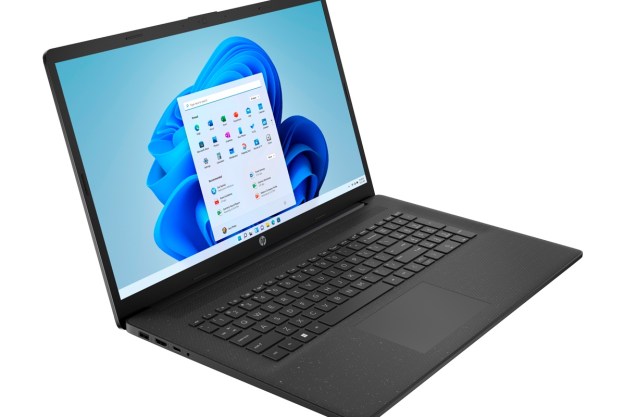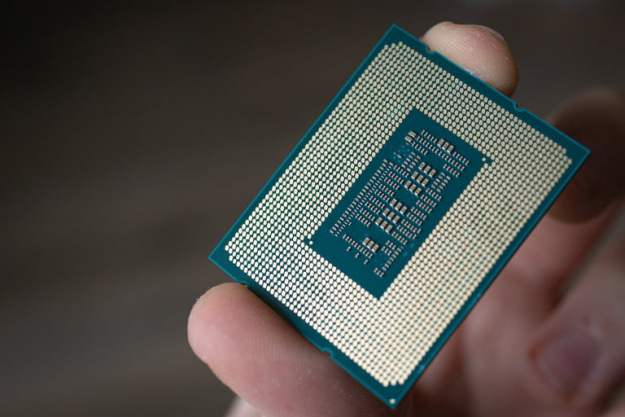
A recent update to Google’s search algorithm intended to knock down the visibility of “content farms” and other “low quality” websites in its results has reduced traffic to sites like Demand Media’s flagship site eHow.com. But according to Demand Media, the reduction in page view growth has been negligible — not the nearly two-thirds traffic drop determined by some estimates.
“Certain third parties that have published reports attempting to estimate the effect of recent search engine algorithm changes made by Google on traffic to the Company’s owned and operated websites have significantly overstated the negative impact of those changes on traffic to eHow.com, as compared to the Company’s directly measured internal data,” said Demand Media in a statement on its website.
Demand’s executive vice president Larry Fitzgibbon furthered shrugged-off studies of the effects on eHow’s traffic caused by the Google update, known as Panda, saying in a blog post that the estimates were “significantly overstate. He added that Demand Media’s “owned and operated Content & Media properties will generate year-over-year page view growth comparable to or greater than the year-over-year page view growth reported for Q2 2010.”
Fitzgibbon’s claims contradict a recent study by Sistrix — one of the “third parties” Demand Media aims to discredit — which show that traffic to eHow.com dropped by 66 percent because of the most recent Google search update.
Other sites Sistrix says were negatively affected include Life123.com, Spike.com and 10best.com.
Sites that saw a marked improvement in traffic include Daily Motion, whose traffic reportedly rose by 31 percent, the highest of any other site, according to Sistrix. Other sites that saw a jump in visitors are Yelp.com, Etsy.com Mashable, Reuters and PC Mag. The Huffington Post — considered by many to be guilty of the same reader-baiting tactics as many content farms — saw an 8 percent bump in traffic.


